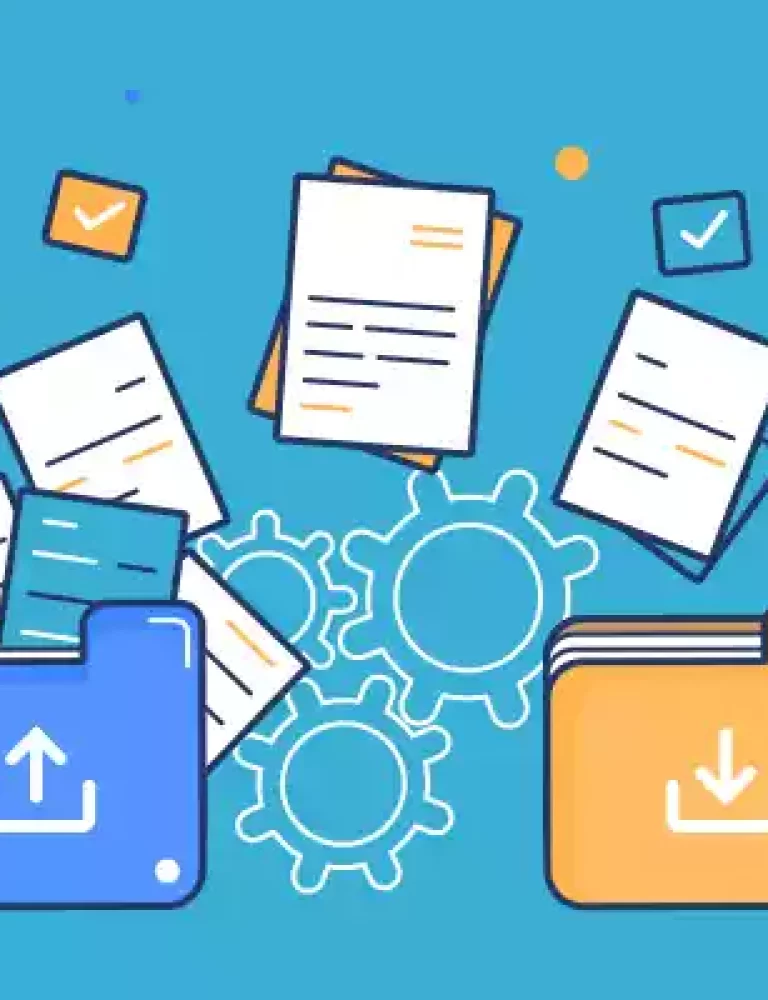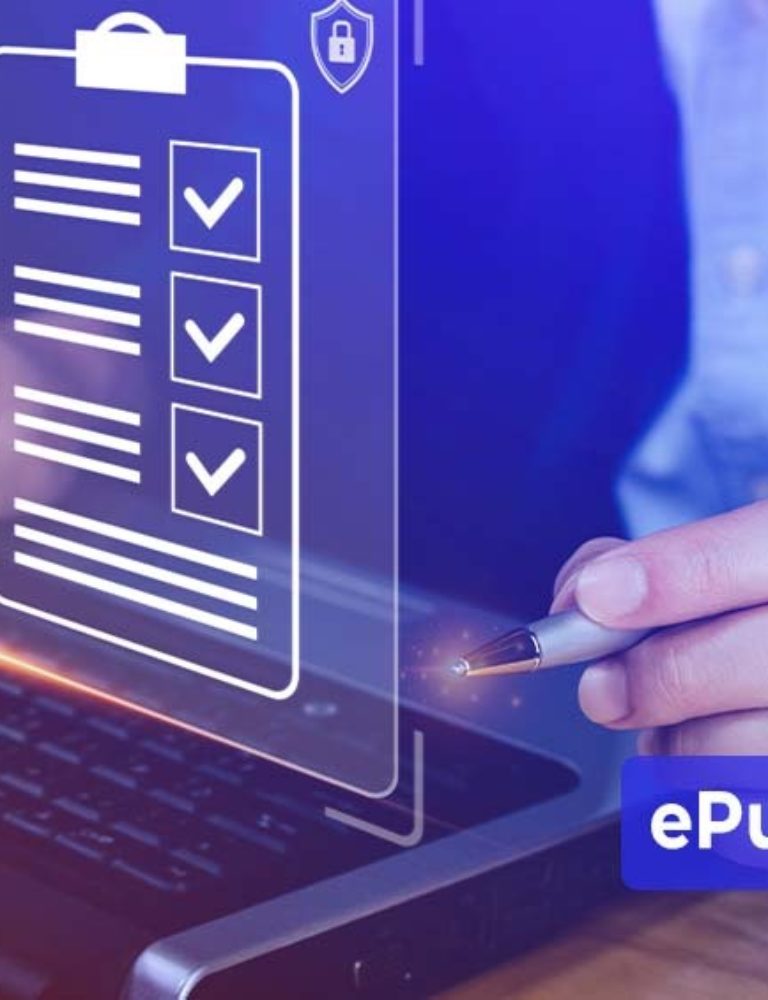Education requires the use of resources like textbooks, audiovisual media, activities, and other aspects. These resources play a significant role in providing a good learning experience and outcome. Traditionally, books were the only medium used (in addition to chalkboards) to help students learn.
However, education today has evolved into the ambit of digitality.
This has brought a plethora of educational resources into the picture, like videos, animations, online coursework, and more. All this is done with the help of digital textbook platforms like KITABOO. These resources are helping the modern learner make the most of their educational journey.
With that said, the creators of this online courseware – whether or not they are concerned with retaining the IP rights – must understand how educational resources licensing works. Understanding licensing helps them create online courseware that is capable of delivering the desired educational impact to the masses.
Licensing, for one, helps the course creators have some ownership of their Open Educational Resources, or OERs. Let’s understand licensing in a bit more detail.
Table of Contents
I. What is OER?
II. How Does OER Differ from Traditional Learning Resources?
III. Key Factors to Consider for Educational Resources Licensing
What is OER?
OER, also known as Open Educational Resources, are educational resources that are freely available for use by educators or learners. Educators or learners can use these resources at their own will without any requirement to pay royalties or fees to the creator of an OER.
OERs can be any material that aids education – like maps, charts, course materials, textbooks, videos, apps, podcasts, and even interactive content created using digital means like KITABOO.
OER is an extremely noble concept that supports education accessibility for the masses. The concept takes root in digitality – a medium that makes learning material highly available and accessible for everyone, even those not enrolled in traditional educational curriculums or programs.
How Does OER Differ from Traditional Learning Resources and eLearning?
There are a few marked differences between OERs, eLearning, and traditional education.
It is noteworthy that OERs are open resources available to anyone for access without any prerequisites. They can be in any form – paper-based learning material, digital or electronic resources, or even free lessons delivered by volunteering educators.
On the other hand, eLearning is essentially screen-based and is delivered personally to each learner over their devices. It requires an enrolment process (it could also be a sign-up) to enable access to the learning material that a student seeks. Some eLearning modules require the learners to have access to a functioning internet connection.
Lastly, the traditional method of learning is akin to a closed loop – only those who have the means to enroll in an academic institution can access these educational resources. This is what makes OERs an excellent way to propagate basic education through communities at large scales.
Aside from a few basic licensing regulations, OERs are free and open for perusal by whoever has access to them. The power of open licensing allows educational resources to be produced or reproduced across a variety of mediums, removing the restrictions on sharing and usage.
Types of OER Licenses
There are six basic types of licenses you can leverage for your OERs:
- Retain: This license gives you the right to maintain your own copies of the OER.
- Reuse: This type of license allows people to use the OER in different ways.
- Revise: This license allows the people the right to modify the OER.
- Remix: This type of license allows educators or learners to combine the OER with other types of content.
- Redistribute: This license allows the users to distribute copies of the OER to others.
- Creative Commons: This is the most commonly used license for OERs where users can change the rights from “All rights reserved” to “Some rights reserved.” Additionally, the distribution of CC rights OERs requires the distributor to give credits to the creator.
Key Factors to Consider for Educational Resources Licensing
If you are engaged in creating OERs, there are several aspects that you need to consider. Giving some thought to licensing helps ensure that the OERs are distributed as they should be, without exploitation or unnecessary restrictions.
1. Equitable Access
OERs are open resources – they should be accessible to the learners who seek them. Therefore, the licensing you select should be reflective of equitable access to the intended masses.
The motivating factor for creating OERs was to help the learners who did not have access to traditional or curriculum-based education. The license you impose on the OER should, therefore, allow open access to this demographic.
2. Expanded Availability
Education has now expanded beyond the brick walls of schools or institutions and has become accessible on screen and on demand. In order to support this ethos, you should consider the scale of accessibility of the educational resources that you create.
Licensing should not be a hindrance to the accessibility of the OERs when thinking of large-scale initiatives and academic programs. The licenses that work for closed-loop programs may prove to be restrictive for a more open educational approach.
3. Achieving Economies of Scale
It is essential to consider the economies of scale when implementing large-scale courseware across geographies.
This necessitates bringing in some flexibility in licensing so as to allow for cost-effective reproduction and distribution of OERs. It enables improved penetration of education.
4. Other Aspects
Some other aspects you need to consider include asking yourself some key questions about the OERs you create:
- Do you have permission to use the media and other third-party content showcased in the OER?
- Is it possible to arrange for alternative options of the OER for those who cannot access the licensed version?
KITABOO: Centralized Educational Resources
Creating your own OER is not difficult today at all. You can give a boost to your education-for-all work by leveraging digital textbook platforms like KITABOO.
KITABOO is a digital publishing platform with a focus on education. It allows educators to create OER courseware using interactive and engaging elements. The platform makes it extremely simple to distribute these resources to the learners by providing a variety of formats for the courseware.
The content can be incorporated with gamified elements, animations, visuals, and much more to make it more engaging. To understand how KITABOO can help you create an OER, get in touch today.
Contact our expert team now and get started!
To know more, write to us at kitaboo@hurix.com.
Suggested Reads:
Discover How An Ebook Conversion, Publishing & Distribution Platform Can Help You
Kitaboo is a cloud-based content platform to create-publish & securely distribute interactive mobile-ready ebooks.
You May Also Like
-
Top K–12 Online Education Platforms in 2024
Blog,Digital Publishing,eBook solution / January 31, 2024








